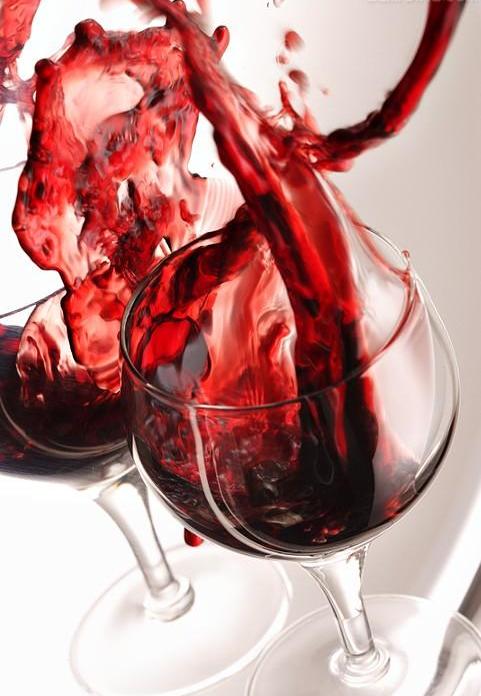FWP:
For background see S. R. Faruqi's choices. For more on Ghalib's unpublished verses, see the discussion in {4,8x}.
The first line tells us something about the heart (besieged by 'thought/anxiety', it trembles like a wave), and the second line tells us something about a wineglass (it is fragile, and the 'wine' has the power to melt it away). The lines are connected by the enjoyably multivalent kih . If it's taken to mean 'so that', then the first line is the cause, and the second line is the effect (because the heart is trembling with 'thought', this 'wine' of 'thought' is dangerous to the 'wineglass' of the heart). Or if it's taken to mean 'since', the causal relationship is reversed: since the 'wine' of 'thought' is dangerous to the 'wineglass' of the heart, this causes the heart to tremble). Or if it's taken to mean (in some broad sense) 'while', then the two situations-- the trembling of the heart and the vulnerability of the wineglass-- are simultaneous and parallel, and it's up to us to decide how to compare and/or contrast them.
If we juxtapose the lines carefully, however, the imagery
doesn't really mesh in the most satisfying way. The heart is trembling 'like
a wave', and that seems to be its only point of connection with the idea
that 'thought' endangers the lover's frail heart the way 'glass-melting'
wine endangers the fragile wineglass. It's possible for the heart to turn
entirely to blood (as for example in {230,2}),
but the verse doesn't give us any reason to suppose that that's the case here.
And if the heart is not a liquid but just a brilliantly red quivering object,
its resemblance to a trembling 'wave' is not very compelling. If the
verse invited us to think of the heart as the source of brilliantly red trembling
waves of surging blood, that would be excellent; but it doesn't: it's the
heart itself that's explicitly 'like a wave'. This feels like a case not of sophisticated 'disruption' (on this see 21,10}), but rather of careless construction.

Asi:
From the assault of thoughts/anxieties the heart, like a wave, trembles-- because the heart is like a glass that is filled with the wine of love, which is so sharp and hot that it melts even the glass. For this reason the assault of thoughts and anxieties is taking place, and the heart is trembling like a wave.
== Asi, p. 126